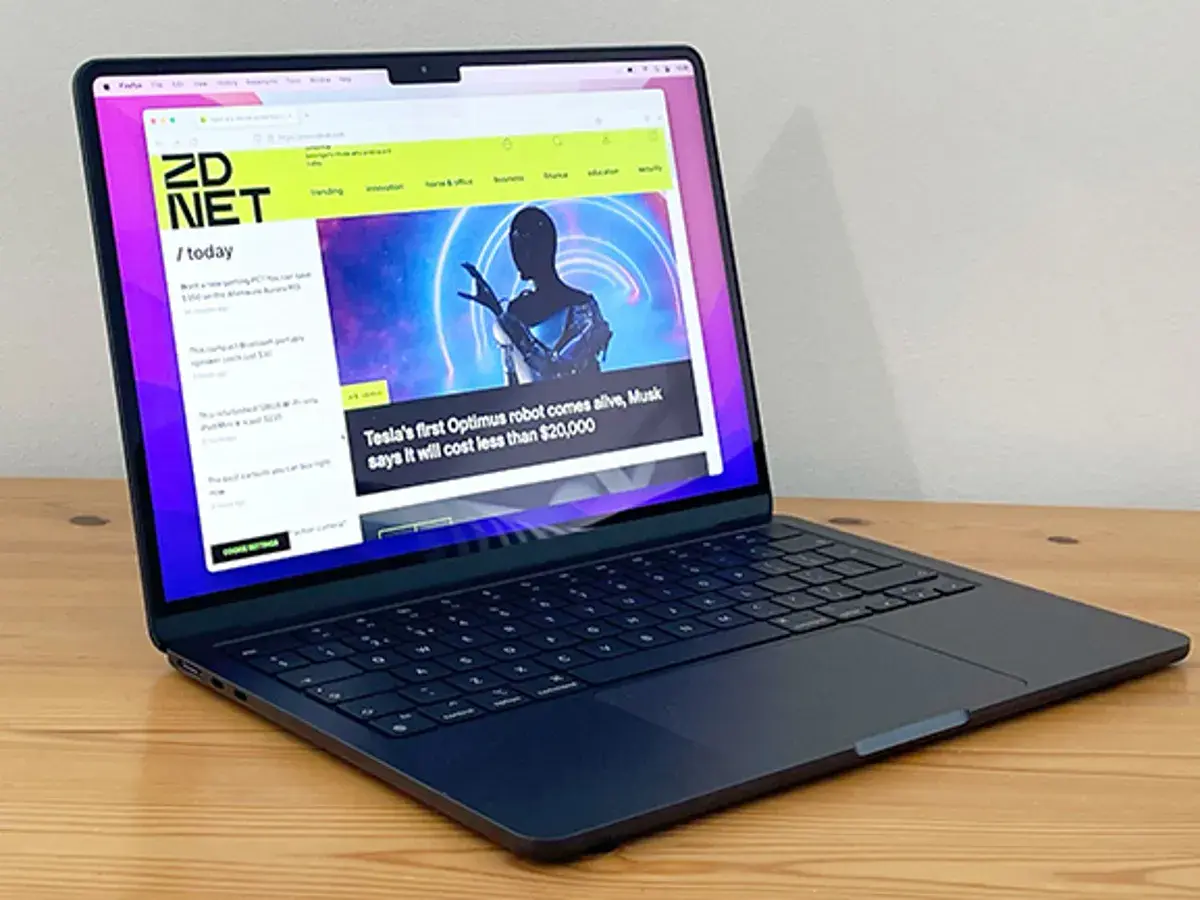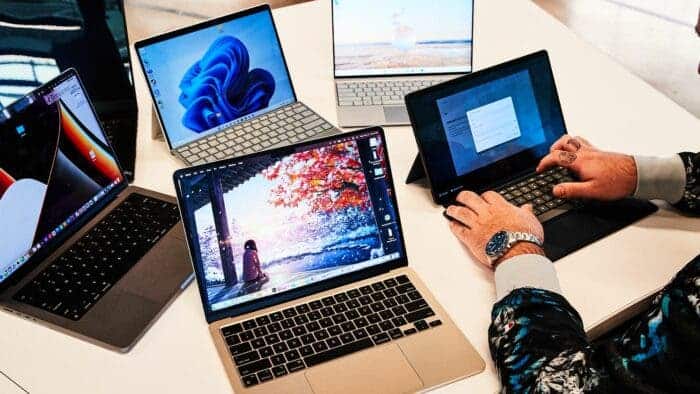Laptops have become indispensable tools for work, study, and entertainment. With a vast array of options available, selecting the perfect laptop can be overwhelming. This guide will help you navigate the complexities and make an informed decision.
How to Choose the Right Laptop for Your Needs
Understanding Your Needs
So, the first step is to identify your primary use for the laptop. This will determine the essential specifications and features.
Basic Computing: For tasks like web browsing, email, and document editing, a lightweight and affordable laptop with a decent processor and sufficient RAM will suffice.
Productivity: Professionals requiring demanding software like spreadsheets, presentations, and video conferencing need a laptop with a faster processor, ample RAM, and a good display.
Creativity: Designers, photographers, and video editors need powerful processors, dedicated graphics cards, high-resolution displays, and ample storage.
Gaming: Gamers prioritize powerful graphics cards, high refresh rate displays, fast processors, and sufficient RAM for smooth gameplay.
Students: A balance of portability, performance, and affordability is crucial. Consider a laptop with a good battery life for long study sessions.

Key Factors to Consider
Once you’ve determined your needs, focus on these key factors:
1. Processor:
This is the brain of your laptop. For basic tasks, an Intel Core i3 or AMD Ryzen 3 will suffice. For demanding applications, opt for Intel Core i5 or i7 or AMD Ryzen 5 or 7.
2. RAM:
Additionally, Random Access Memory handles multiple tasks simultaneously. 8GB is standard for most users, but 16GB or more is recommended for demanding tasks like video editing or gaming.
3. Storage:
In addition, choose between SSD (Solid State Drive) or HDD (Hard Disk Drive). SSDs are faster, quieter, and more durable but typically have lower storage capacity. HDDs offer more storage at a lower cost but are slower. Consider a combination of both for optimal performance and storage.
4. Display:
Also, the size, resolution, and panel type impact visual experience. For portability, 13-14 inches is ideal. For immersive content, consider 15-17 inches. High resolutions like Full HD (1920×1080) or Quad HD (2560×1440) offer sharper images. IPS panels provide better viewing angles and color accuracy.
5. Graphics Card:
Essential for gaming and video editing. Integrated graphics are sufficient for basic tasks, but dedicated graphics cards like NVIDIA GeForce or AMD Radeon are required for demanding applications.
6. Battery Life:
Additionally, prioritize battery life if you’re often on the go. Consider laptops with at least 8 hours of battery life.
7. Operating System:
Choose between Windows, macOS, or Chrome OS based on your preferences and software compatibility.
8. Portability:
So, if you need a laptop for travel, consider weight, size, and battery life. Ultrabooks are designed for portability.
9. Budget:
Set a realistic budget and prioritize features accordingly.
10. Brand Reputation:
Research reputable brands known for reliability and customer support.
Additional Considerations
Connectivity: Ensure the laptop has the necessary ports (USB, HDMI, etc.) for your peripherals.
Design and Build Quality: Consider the laptop’s aesthetics and durability.
Warranty: Check the warranty coverage for peace of mind.
Upgradability: If you plan to upgrade components in the future, choose a laptop with accessible memory and storage slots.
Laptop Types
Ultrabooks: Lightweight and portable with decent performance for everyday tasks.
2-in-1 Laptops: Versatile devices that can function as laptops and tablets.
Gaming Laptops: High-performance machines with powerful graphics cards for gaming and content creation.
Business Laptops: Durable and secure laptops with features for professionals.
So, choosing the right laptop involves careful consideration of your specific needs and preferences. By understanding the key factors and exploring different options, you can find the perfect laptop to enhance your productivity and enjoyment.

How to Pick the Perfect Laptop
So, choosing the right laptop can feel like a big job. Don’t worry, we’re here to help. Let’s break it down into easy steps.
Before You Buy
- Know what you need. Figure out what you’ll mainly use the laptop for. This will help you choose the right one.
- Do your homework. Look at different laptops, compare their features, and read what other people think about them.
- Think about the future. Will you need to upgrade later? A laptop that can grow with you is a good choice.
- Set a price. Decide how much you can spend and stick to it. Don’t buy extra things you don’t need.
- Make sure it works with your stuff. Check if the laptop works with the things you already have, like printers and software.
- Touchscreen or not? Decide if you want a touchscreen. They can be handy, but they might use more battery power.
- Visit a store. Looking at laptops in person can help you decide.
When You Buy
- Try the keyboard and mousepad. Make sure they feel good to use.
- Check the screen. The colors should look nice, and you should be able to see the screen from different angles.
- See how it’s made. The laptop should feel strong and well-made.
- Read the fine print. Understand what the warranty covers and how to get help if you need it.
- Shop around. Look at different places to find the best price.
After You Buy
- Keep it up-to-date. Install new software and updates to keep your laptop running smoothly.
- Take good care of it. Use a case, screen protector, and antivirus software to protect your laptop.
- Keep it clean. Wipe away dust to help your laptop work better.
- Treat the battery right. Follow the rules for taking care of your battery.
- Save your stuff. Make copies of important files in case something happens.
Extra Tips
- Consider a refurbished laptop. You can save money and still get a good laptop.
- Try renting a laptop. Some places let you rent laptops if you don’t want to buy one.
- Upgrade it yourself. If you know how, you can sometimes make your laptop faster by adding more memory or storage.
- Ask for help. There are online groups where people talk about laptops. You can ask for advice there.
By following these tips, you can find the perfect laptop for you and keep it working well for a long time.





